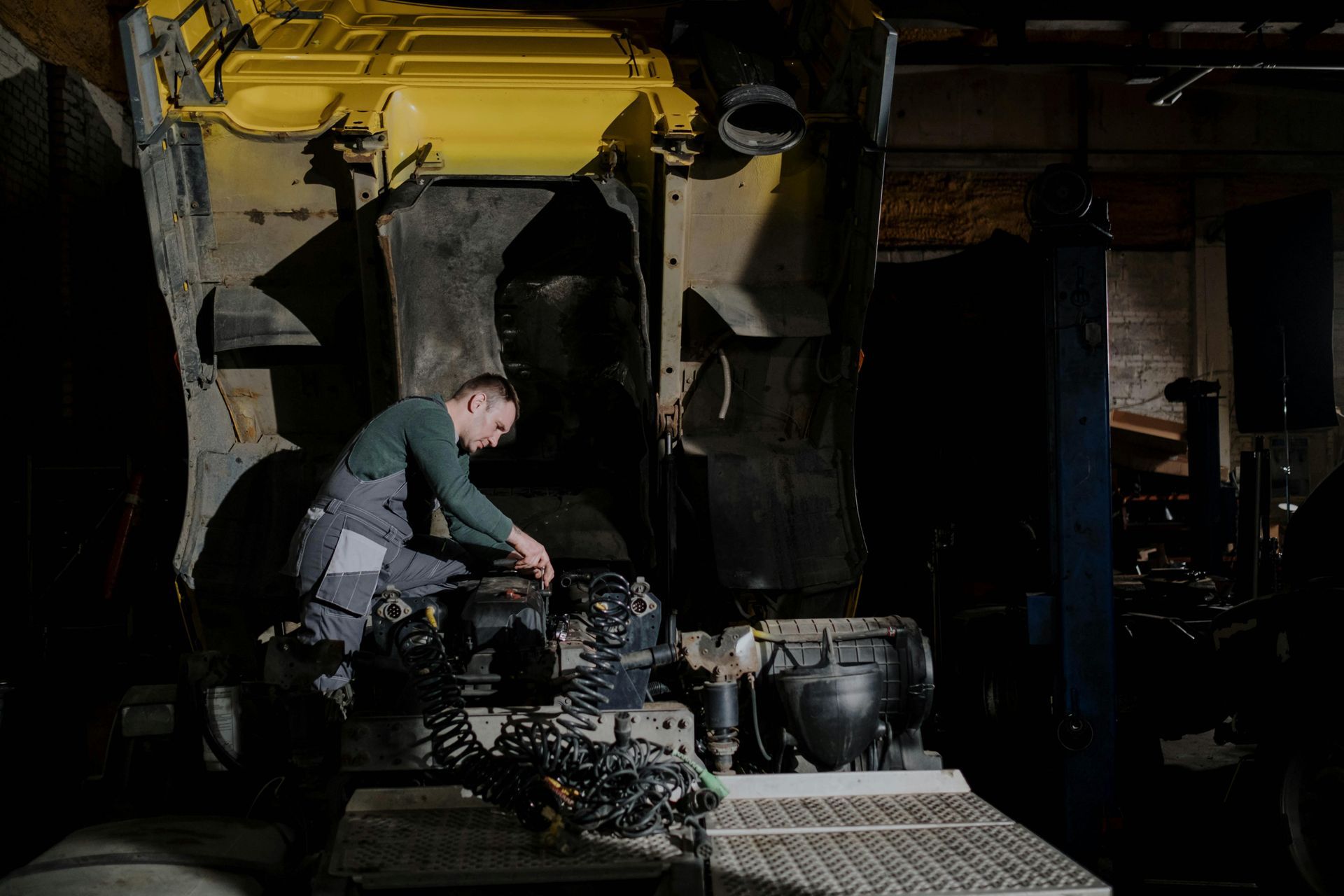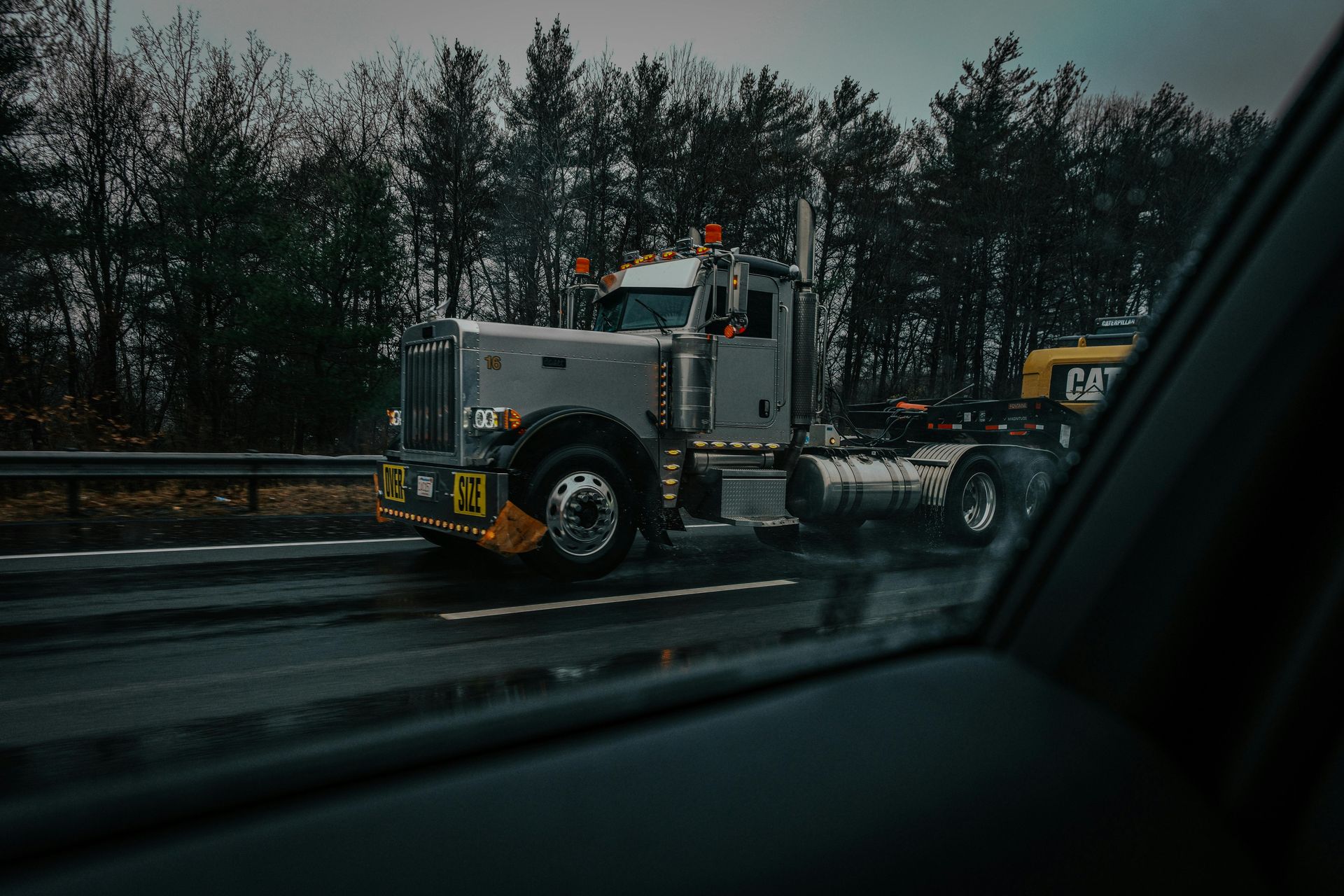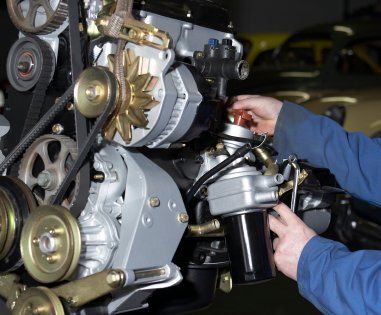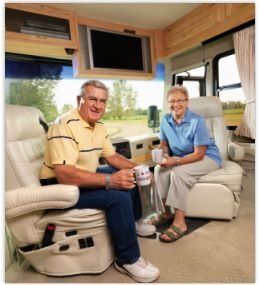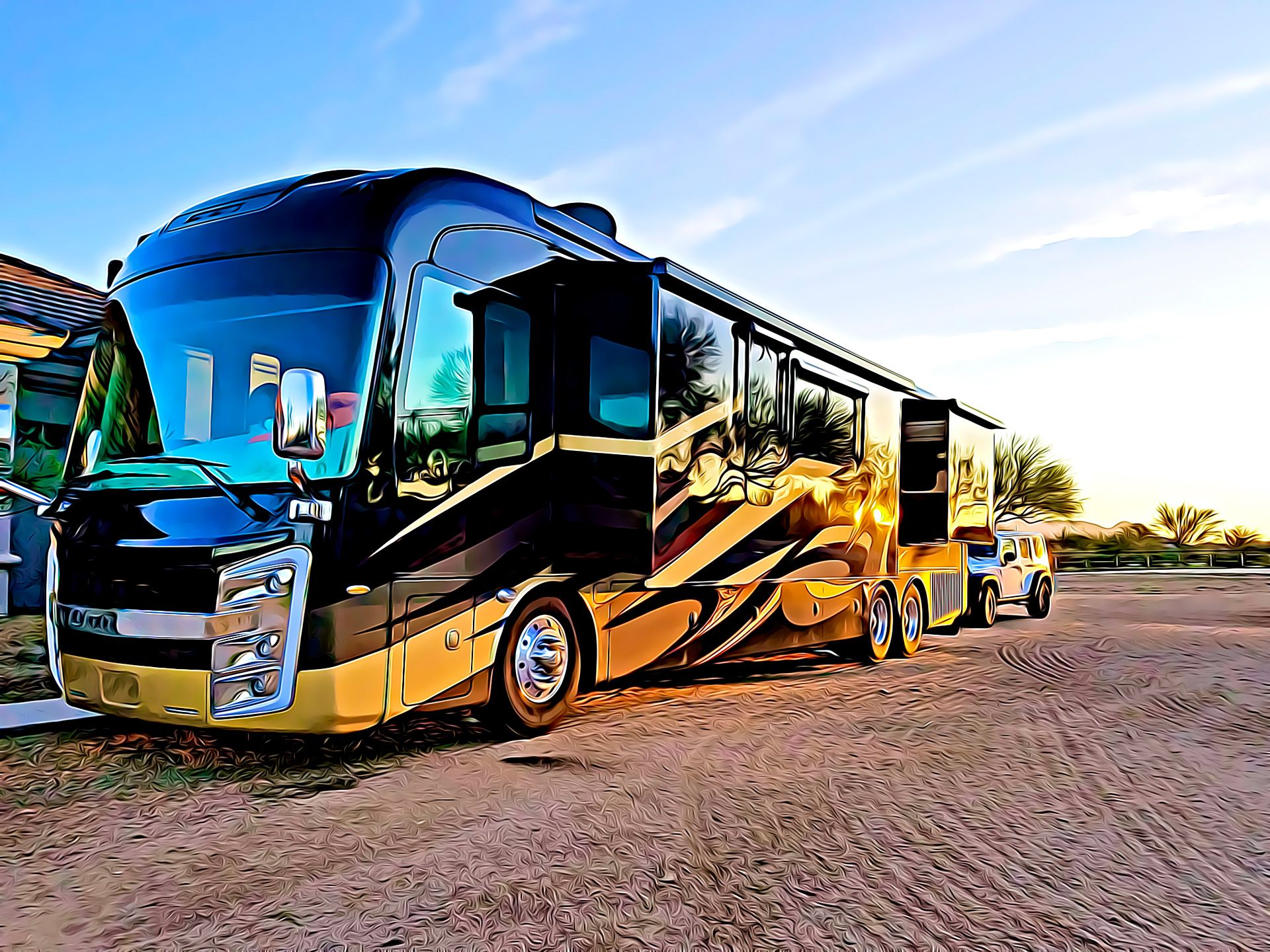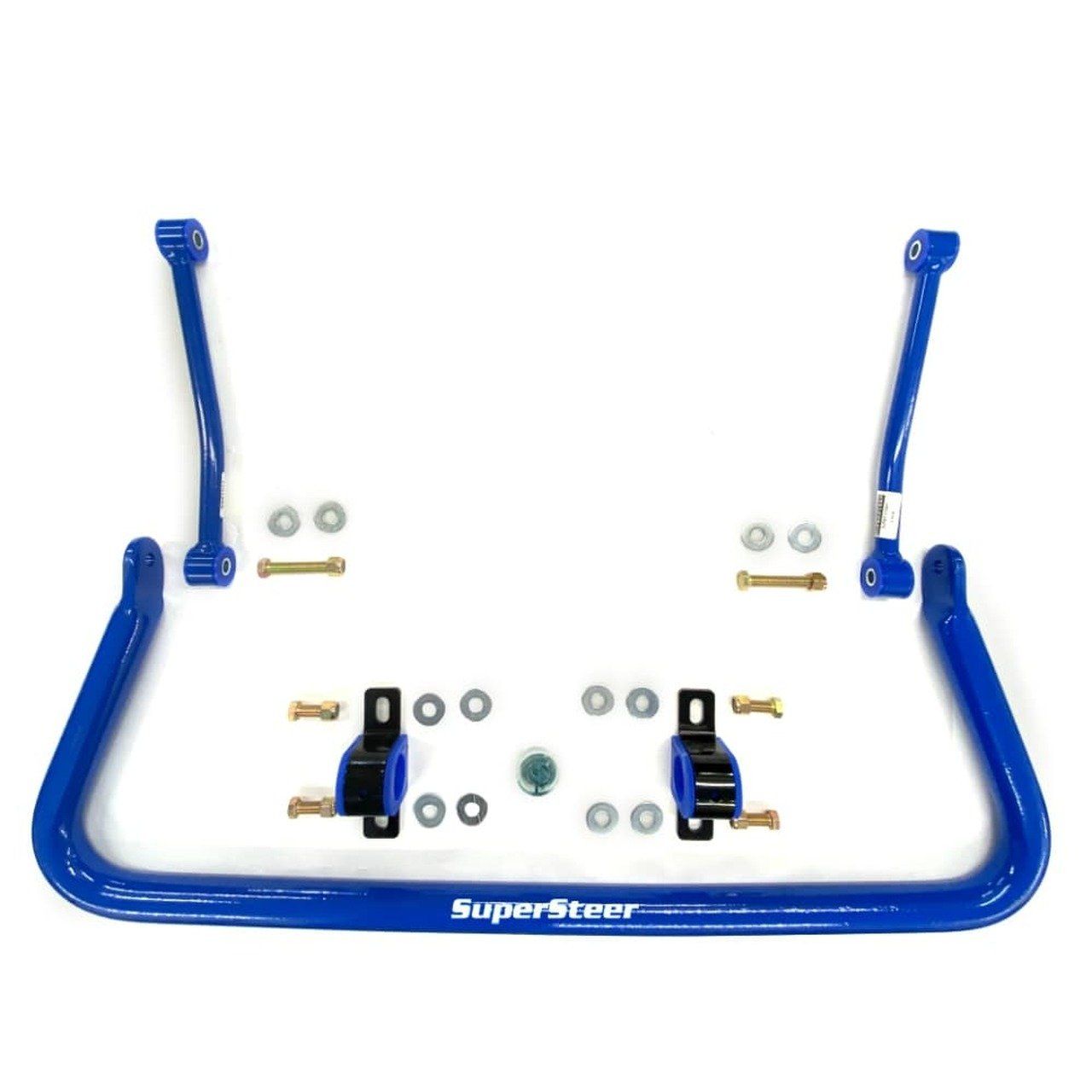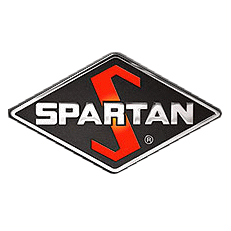Essential Guide to Trailer Sway Bars: Improve Towing
Towing a trailer opens up a world of adventure, but it also introduces new challenges. Among these, trailer sway – that unsettling side-to-side motion – can quickly turn a dream trip into a nerve-wracking experience. Thankfully, sway bars are a solution to enhance stability and ensure a safer journey with sway control for your travel trailer.
Sway Bars in Trailer Stability
At its core, a sway bar (also known as an anti-sway bar or stabilizer bar) is designed to resist the lateral movement of your trailer. It achieves this by connecting the trailer's frame to the hitch, creating a mechanical link that counteracts the forces that cause sway. When your trailer begins to oscillate, the sway bar transfers the force to the opposite side, minimizing the degree of movement. This results in a more stable and predictable towing experience, particularly in challenging conditions like high winds or uneven roads.
How Vehicle Weight and Suspension Affect the Need for a Sway Bar
The weight of your trailer and the suspension of both your trailer and tow vehicle determine the necessity of a sway bar. A heavier trailer, especially one with a high center of gravity, is more susceptible to sway. Similarly, a tow vehicle with a softer suspension may struggle to maintain control, particularly in emergency maneuvers. Adding a sway bar helps to compensate for these factors, providing an added layer of stability. A well-matched tow vehicle and trailer combination with a properly functioning suspension minimizes the effects of sway, but a sway bar is still a good idea as it adds a valuable safety margin.
The Impact of Tow Vehicle Dynamics on Trailer Sway
Factors such as wheelbase, weight distribution, and overall handling characteristics significantly influence how your vehicle responds to trailer movement. A longer wheelbase generally provides better stability, while a heavier tow vehicle can more effectively control a trailer's motion. Understanding your tow vehicle's capabilities and limitations is essential for safe towing.
Selecting the Proper Tow Vehicle for Safe Trailer Towing
Choosing the right tow vehicle is the first step towards a safe towing experience. Ensure your vehicle's towing capacity meets or exceeds your trailer's gross vehicle weight rating (GVWR). Consider factors like engine power, transmission, and braking system. A vehicle equipped with features like trailer sway control and heavy-duty suspension will further enhance stability. Always consult your vehicle's owner's manual and a reputable towing specialist for guidance.
Identifying the Signs That Your Trailer Might Need a Sway Bar
Recognizing the signs of trailer sway is important for proactive safety. Common indicators include:
- Excessive lateral movement: Noticeable side-to-side motion, especially at highway speeds or in windy conditions.
- Difficulty maintaining a straight line: Constant corrections are needed to keep the trailer on course.
- Feeling of being "pushed" by the trailer: Loss of control or a sensation that the trailer is dictating the vehicle's direction.
- Increased driver fatigue: Constant adjustments to counteract sway can be exhausting.
- Visual observation of trailer instability: Observing the trailer’s movement in your mirrors.
If you experience any of these signs, it's highly recommended to consider installing a sway bar.
How to Determine the Right Type of Sway Control for Your Trailer
Several types of sway control systems are available, each with its own advantages:
- Friction sway control: These systems use friction to dampen sway, providing a simple and effective solution for many trailers.
- Weight distribution hitches with integrated sway control: These hitches combine weight distribution with sway control, offering comprehensive stability.
- Electronic sway control: These advanced systems use sensors and electronic controls to detect and counteract sway.
The best choice depends on your trailer's weight, size, and your towing needs. Consulting with a professional RV or trailer service technician can help you determine the most suitable option.
Contact Mainline RV & Truck Service for Sway Control for Your Travel Trailer
Ensuring your trailer is equipped with the proper sway control system is paramount for a safe and enjoyable towing experience. At Mainline RV & Truck Service, our experienced technicians can assess your towing setup, recommend the right sway control for your travel trailer, and provide professional installation. Contact us to schedule a consultation and take the first step toward a smoother, more secure journey.


